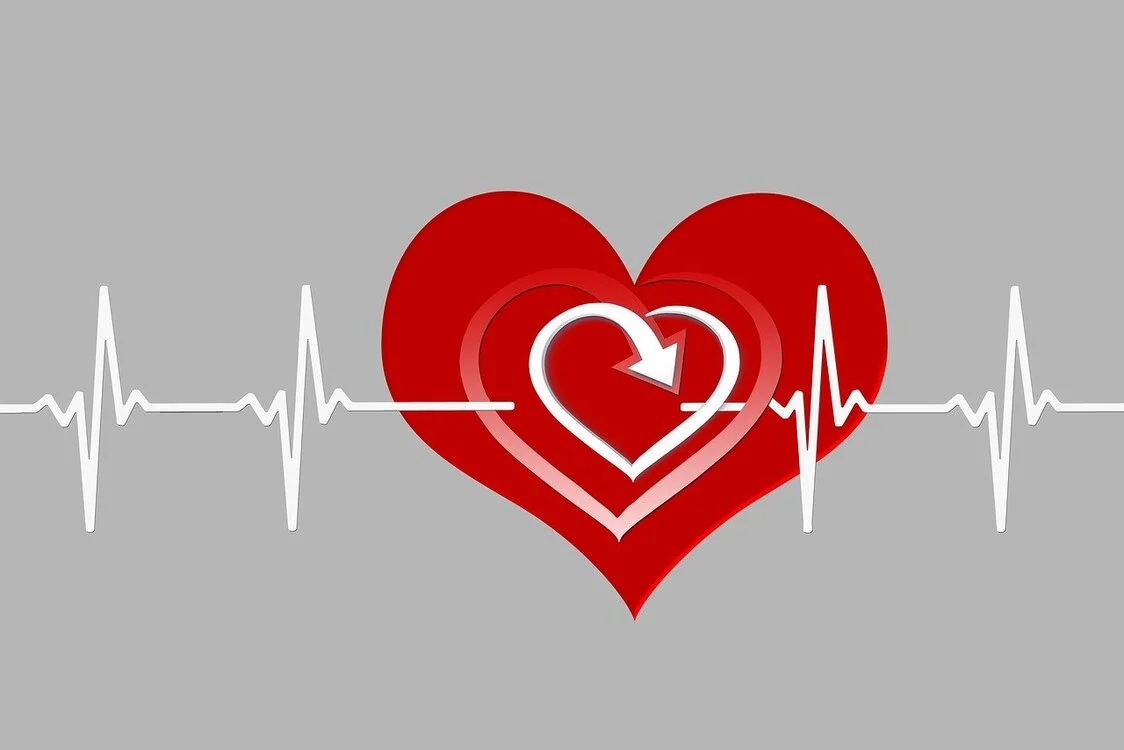Atrioventricular block (AV block) is an alteration in the electrical conduction of the heart that causes a delay or interruption in the transmission of electrical impulses between the atria and the ventricles.
How Does Atrioventricular Conduction Work?
To understand AV block, it is important to know the normal functioning of the heart’s electrical system:
The normal electrical stimulus of the heart originates in the sinoatrial node, located in the upper part of the right atrium. From there, the electrical signal is distributed through the wall of both atria, crosses the atrioventricular junction and, from there, extends through the wall of the ventricles.
This coordinated process allows that, in each heartbeat, first the atria contract and, immediately after, the ventricles, ensuring efficient blood pumping.
Types of Atrioventricular Block
Various cardiac diseases and even the natural aging of the heart can cause atrioventricular conduction to slow down or be interrupted. According to the degree of alteration, blocks are classified into:
-
First-Degree AV Block
It is characterized by a slowing of electrical conduction atrioventricular. In this case, the electrical stimulus takes longer than normal to pass from the atria to the ventricles, but all impulses reach their destination.
-
Second-Degree AV Block
It occurs when some electrical stimuli fail to pass from the atria to the ventricles. This type of block presents two important variants:
- Wenckebach type block (Mobitz I): Generally benign and with better prognosis
- Mobitz II type block: More severe and with tendency to evolve towards third-degree block
-
Third-Degree AV Block (Complete AV Block)
It represents the most severe form, where no atrial stimulus manages to cross the atrioventricular junction. In this situation, ventricular stimulation originates in the ventricles themselves and functions completely independently of atrial stimulation.
Key Points about AV Block
- It is an alteration in the heart’s electrical conduction system
- It can be caused by cardiac diseases or aging
- It is classified into three degrees according to severity
- Diagnosis is made through electrocardiogram (ECG)
Treatment of Atrioventricular Block
The treatment of AV block varies according to the type and degree of alteration:
First-Degree AV Block
Does not require active treatment, only regular medical surveillance through electrocardiogram (ECG) and/or Holter monitoring for follow-up.
Second-Degree AV Block Wenckebach Type
Generally, it does not require treatment, except when it produces symptoms such as dizziness, fatigue or loss of consciousness (syncope).
Second-Degree AV Block Mobitz II Type
Should be treated by implantation of pacemaker due to the high risk of progression towards third-degree AV block.
Third-Degree AV Block
Requires pacemaker implantation in practically all cases, except for rare exceptions that should be evaluated by a specialist cardiologist.
When to Consult a Doctor?
It is important to seek medical attention if you experience symptoms such as:
- Frequent dizziness or fainting
- Excessive fatigue without apparent cause
- Sensation of irregular or very slow heartbeats
- Chest pain
- Difficulty breathing
Medical note: This information is for educational purposes and does not substitute professional medical advice. Always consult with your cardiologist for proper diagnosis and treatment.



